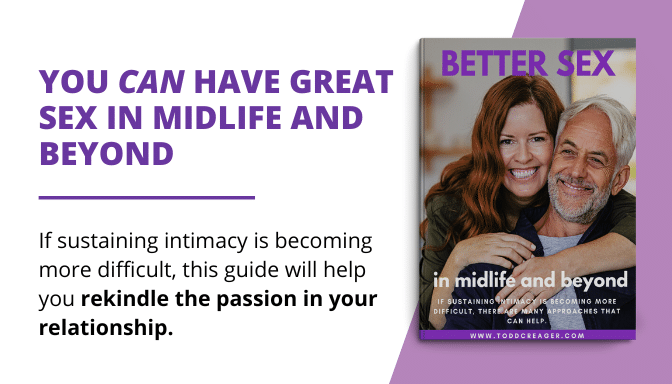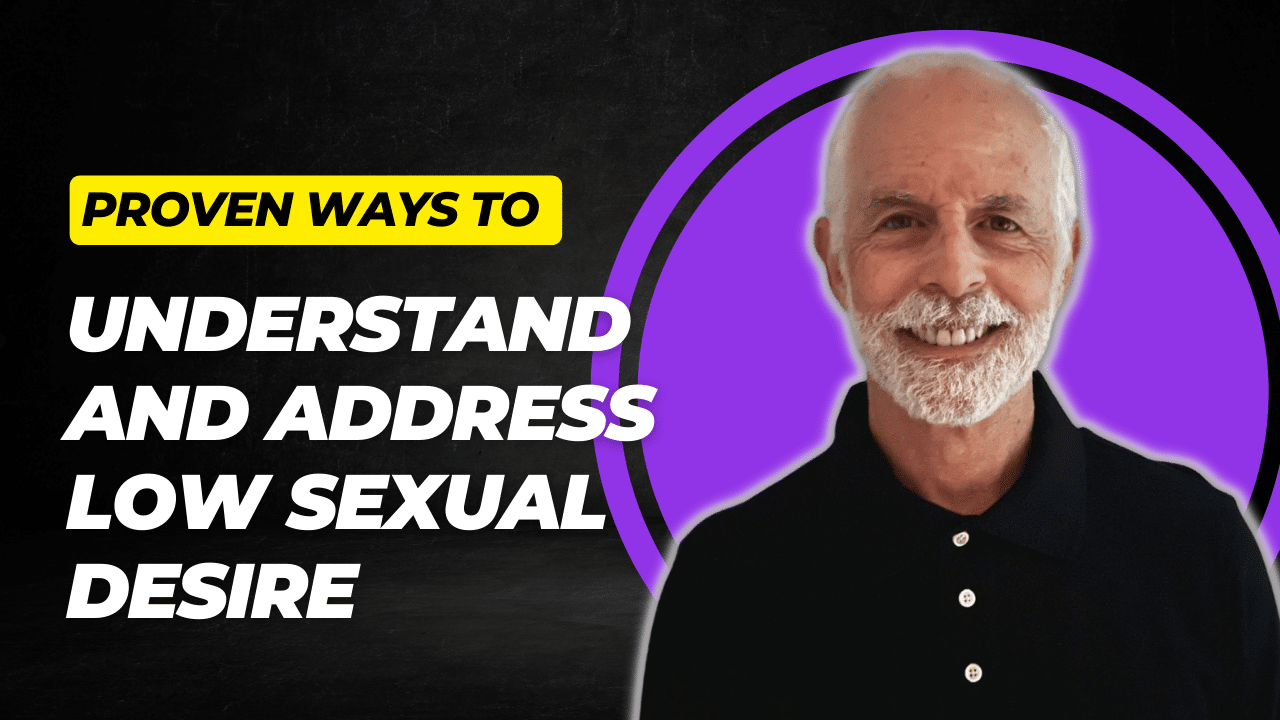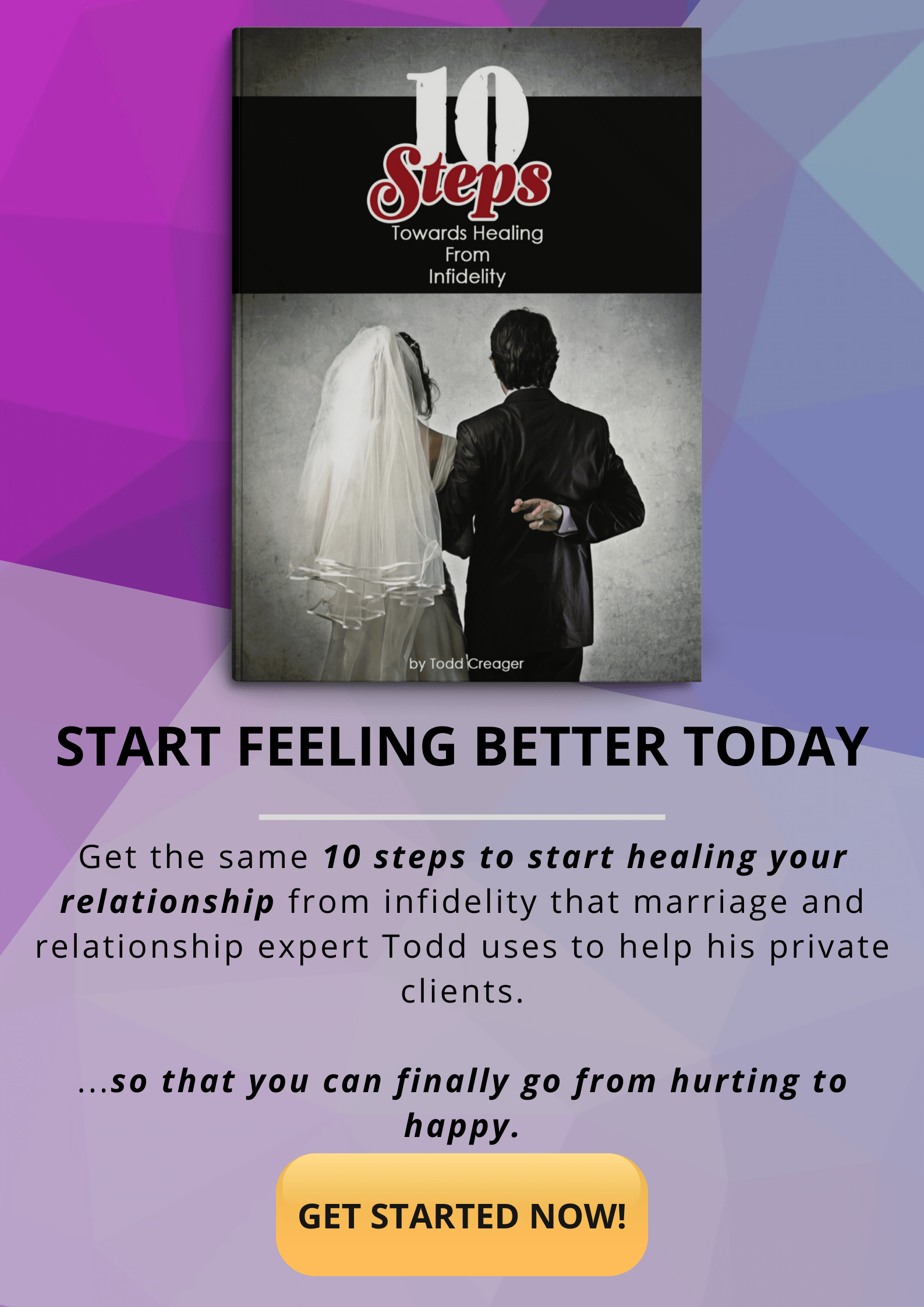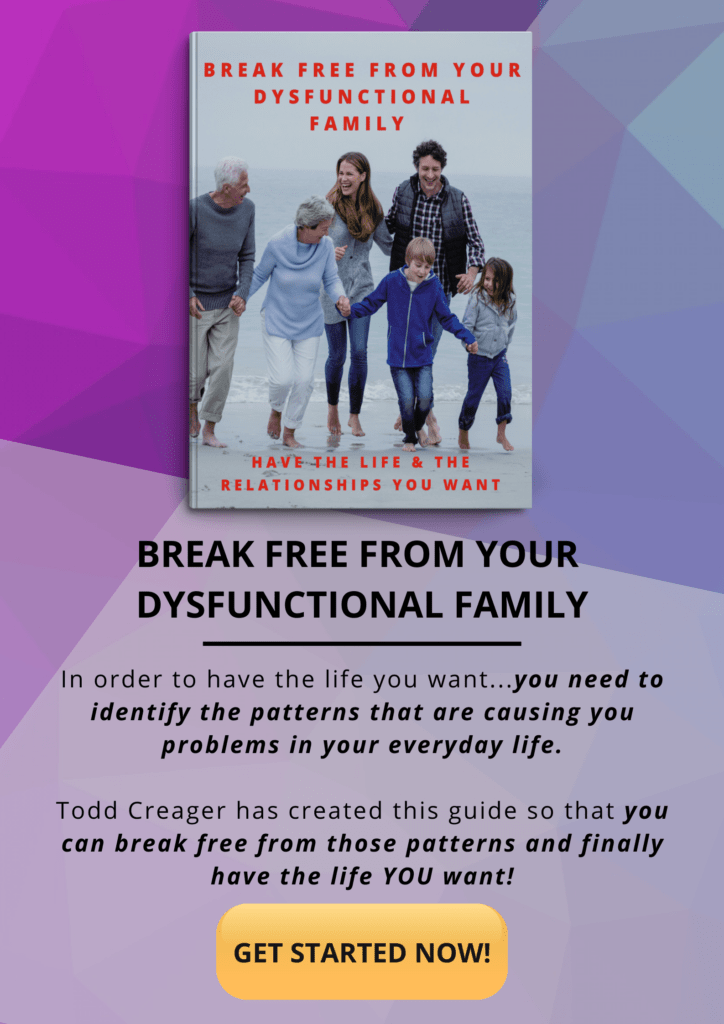Understanding and Addressing Low Sexual Desire: A Compassionate Approach
Have you ever wondered why sexual desire fades in long-term relationships? If you or your partner have been experiencing low sexual desire, you’re not alone…
In this video, I delve into the multifaceted causes behind this common issue and offer practical solutions to reignite the spark in your relationship.
Here’s what you’ll learn when you watch this video:
Comprehensive Understanding: You’ll discover the physical and psychological factors that may be contributing to low sexual desire.
Real-Life Examples: I share stories so that you too can learn from other couple’s experiences that will show you how common and addressable this issue is.
Practical Solutions: As always in my content, my goal is to give you actionable insights and strategies to restore sexual desire in your relationship.
Emotional Connection: You’ll have a better understanding of the importance of emotional safety and connection in fostering a healthy libido.
Expert Guidance: You’ll benefit from my years of experience working with countless numbers of couples who have successfully navigated sexual desire issues.
I want to share some key takeaways from the video and emphasize why it’s essential to watch it. Let’s dive into the factors affecting sexual desire and explore ways to overcome them.
Physical Factors Affecting Sexual Desire
Physical factors play a significant role in sexual desire. For instance, a client had just given birth and was struggling with low sexual desire. She was breastfeeding, which increases prolactin levels—a hormone that can decrease libido.
Understanding the body’s natural responses can help alleviate concerns and guide us toward solutions.
Hormonal fluctuations, chronic illnesses, and medications can also impact sexual desire. For example, antidepressants like Celexa and Zoloft are known to reduce libido.
If you notice a decrease in sexual desire after starting a new medication, it’s crucial to discuss this with your healthcare provider. Sometimes, adjusting the medication can make a significant difference.
Psychological Factors and Trauma
Psychological factors, including past trauma, can profoundly affect sexual desire. If a person has experienced sexual trauma, their body might associate sex with shame or fear, leading to a protective shutdown of their libido.
It’s essential to address these deep-seated issues through therapy to reclaim a healthy sexual self.
Stress is another significant factor.
Whether it’s due to financial problems, loss of a loved one, or other life challenges, stress can put our bodies in a constant state of alert, making it difficult to experience sexual desire.
Creating a sense of safety and reducing stress through internal and external changes can help restore libido.
Emotional Connection and Relationship Dynamics
For many, especially women, emotional connection is key to sexual desire. When there’s a lack of emotional intimacy, it can lower libido. Feeling safe, vulnerable, and emotionally connected with your partner boosts hormones like estrogen and oxytocin, which enhance sexual desire.
Read more here on this subject get tips that will help you to increase female arousal and desire: https://toddcreager.com/increasing-female-sexual-arousal-and-desire/
Men might experience low sexual desire due to relationship dynamics rooted in childhood.
If a man had a needy, smothering mother, he might unconsciously project these feelings onto his partner, leading to a shutdown of sexual desire as a form of self-protection. Recognizing and addressing these patterns is crucial for restoring a healthy sexual relationship.
Misdiagnosis and Arousal Issues
Sometimes, what appears to be a lack of sexual desire might be an arousal issue. For example, men with erectile dysfunction or women with orgasmic difficulties might avoid sex due to a fear of failure, mistaking it for low libido.
It’s important to differentiate between these issues to find the appropriate solutions.
Solutions and Next Steps
Understanding the root causes of low sexual desire is the first step toward addressing it.
Here are a few strategies discussed in the video:
Identify Physical Factors:
Pay attention to changes in your body, medications, and overall health. Consult with healthcare providers to manage these factors.
Address Psychological Issues:
Seek therapy to process past trauma and reduce current stress. Techniques like EMDR (Eye Movement Desensitization and Reprocessing) can be particularly effective.
Foster Emotional Connection:
Work on building a deeper emotional bond with your partner. Share your vulnerabilities and create a safe space for each other.
Differentiate Desire and Arousal Issues:
Recognize whether the issue is truly low desire or an arousal problem, and seek appropriate treatment.
Low sexual desire is a complex issue, but it’s not insurmountable.
By understanding the physical, psychological, and emotional factors involved, we can take proactive steps to address and overcome it.
I encourage you to watch the full video to gain a deeper understanding and find the solutions that work best for you.
To fully grasp the nuances of dealing with low sexual desire and to learn practical solutions, watch the video below.
Together, we can make the world safe for love and intimacy.
Thank you for taking the time to read and explore this important topic. Remember, understanding and compassion are the first steps toward rekindling the spark in your relationship.
Revitalize Your Relationship: Proven Strategies for Better Midlife Sex

Unlock the secrets to a more passionate and fulfilling sex life with our exclusive free guide! Discover proven strategies and expert tips designed to enhance intimacy and connection in midlife.









Reader Interactions